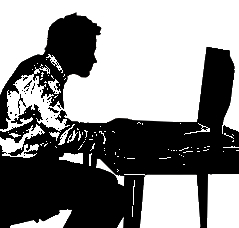Office shift resisted
 New research shows employers and employees are not on the same page when it comes to working-from-home.
New research shows employers and employees are not on the same page when it comes to working-from-home.
Many workers and employers disagree on what their working-from-home settings should be, according to a study by the Melbourne Institute.
The study finds around 61 per cent of workers have tasks that could be performed at home, and while 88 per cent of workers wanted to spend at least some days at home, only 49 per cent said their employers would agree to a hybrid work arrangement.
Organisational expert Scott Fitzgerald says the economic climate is influencing workers' desire to stay home.
“Particularly during this cost-of-living crisis, it's attractive for many people to work from home and avoid the cost of commuting, the cost of parking, those sorts of things,” he said.
He said effective workplaces do not necessarily have to have a face-to-face component.
“Organisational culture is based upon trust and respect and work-life balance, and so if organisations can provide that sort of flexibility they'll provide a much better organisational culture,” he said.
Still, governments are also pushing for a return to a more traditional working arrangement.
WA Premier Mark McGowan says there are psychological benefits to the traditional office environment.
“I know I'm old-fashioned, I actually think there are strong benefits to be gained by people actually talking to one another, looking each other in the face,” he said recently.
University of Western Australia psychology lecturer Darja Kragt says workers should be able to make their own decisions on how to help themselves psychologically.
“Working from home, we had this huge natural experiment over the last two years,” she said.
“COVID working from home was forced, so I think autonomy is really important to consider here.
“We need to give people autonomy of choice.
“What they want to do, what works best for them, what is the flexible mix and negotiate that as [an] individualised approach.”







 Print
Print